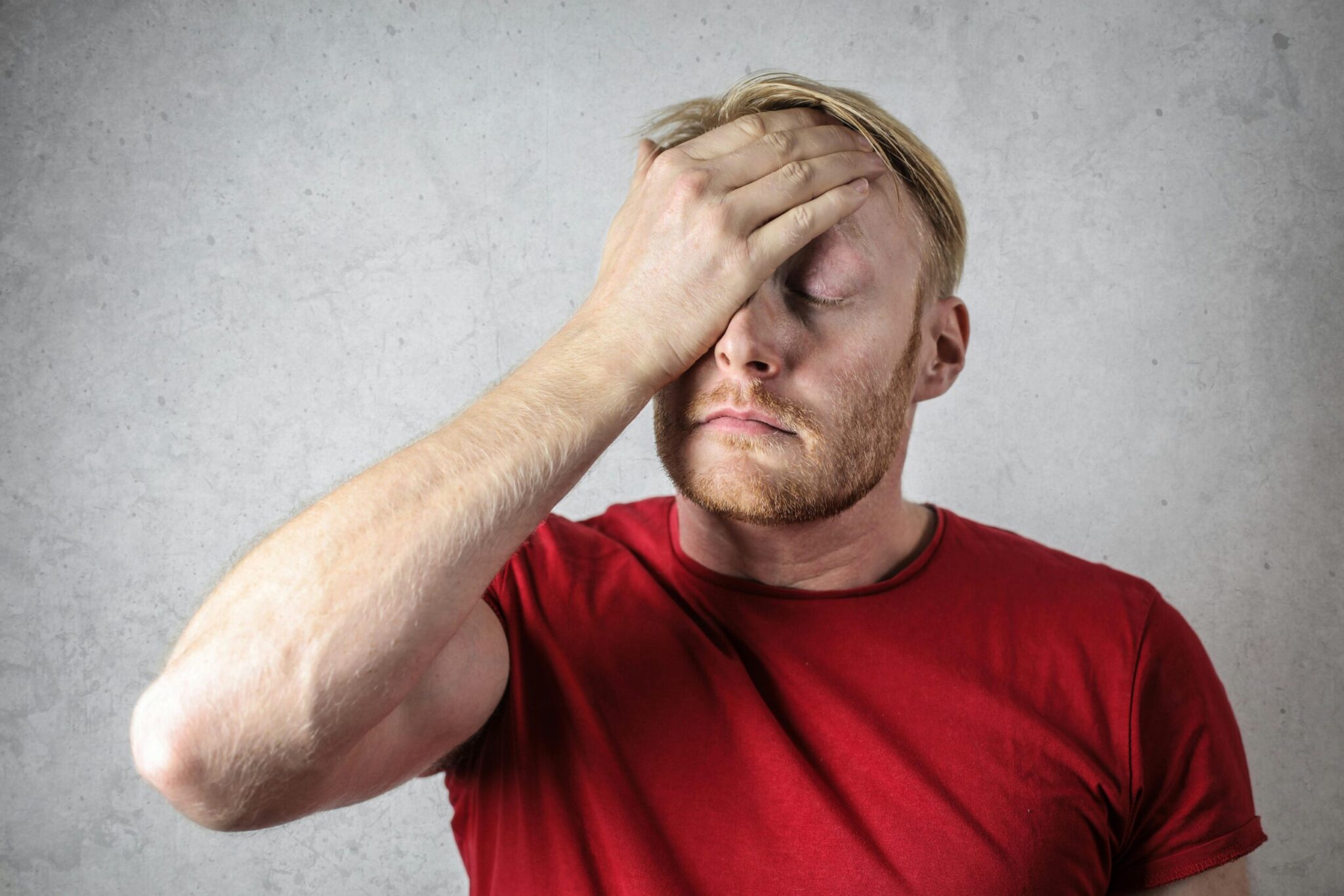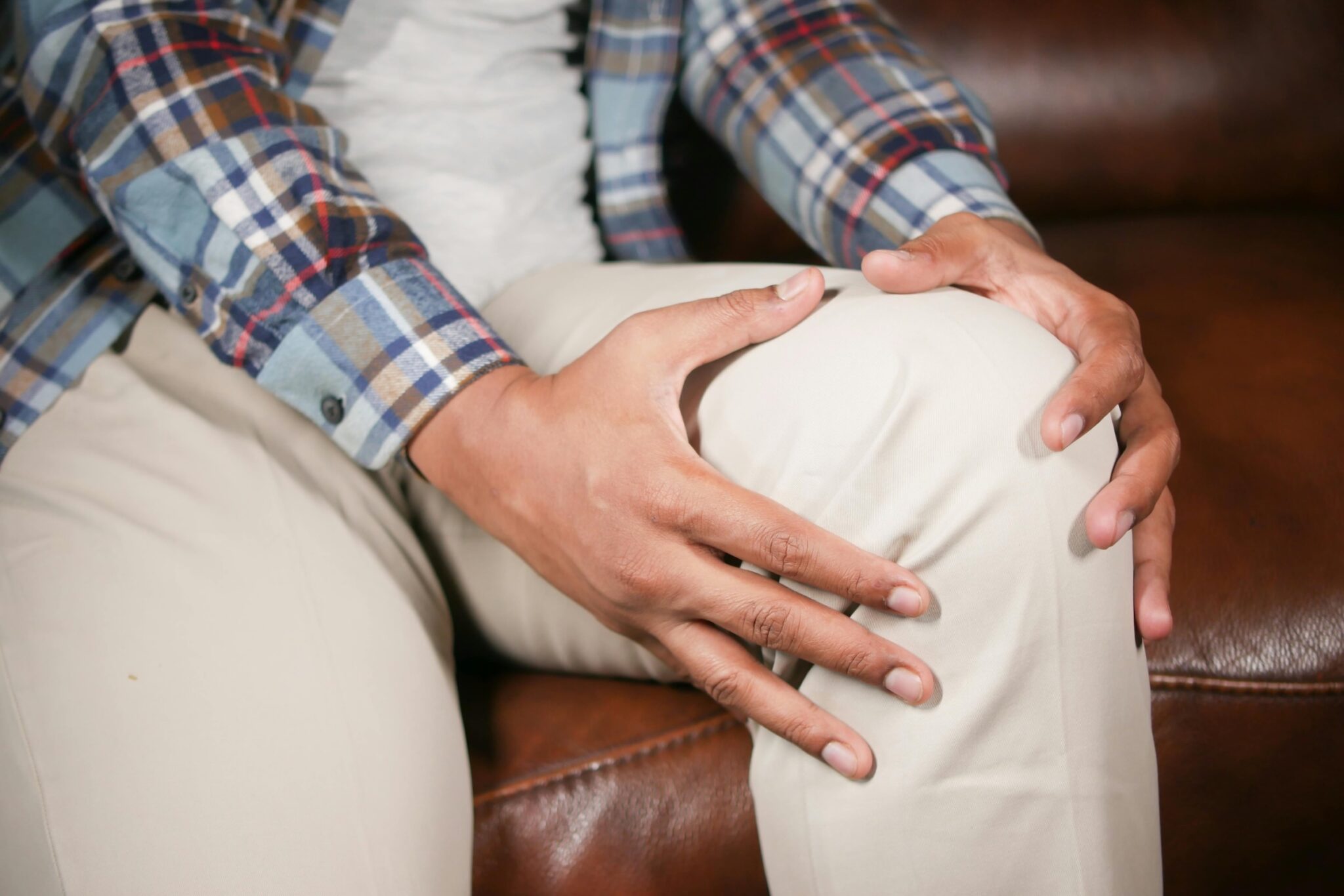Anxiety


Introduction
Anxiety is a common experience that most people face at some point in their lives, whether it’s a big presentation at work or an overwhelming situation in daily life. However, for many, anxiety becomes more than just a temporary feeling. It can develop into a disorder that affects daily functioning and quality of life. Anxiety disorders are among the most prevalent mental health issues globally, but the good news is that they are treatable. With a blend of conventional methods and holistic practices, anxiety can be managed effectively. This article will guide you through what anxiety is, its causes, and different ways to treat it, focusing on both traditional and alternative approaches.
What is Anxiety?
Anxiety is the body’s natural response to stress, manifesting as feelings of fear, worry, or nervousness. When anxiety becomes overwhelming and persistent, it can interfere with daily life and develop into an anxiety disorder. Anxiety disorders include generalized anxiety disorder (GAD), social anxiety disorder, panic disorder, and specific phobias. Each presents unique challenges, but they all share the experience of excessive worry or fear.Globally, over 284 million people suffer from anxiety disorders, making it one of the most common mental health issues in the world. In the U.S. alone, about 40 million adults are affected by anxiety every year.
Symptoms of Anxiety
Anxiety manifests in both physical and psychological symptoms, often impacting daily life and overall well-being. Common symptoms include:
- Physical Symptoms: Increased heart rate, muscle tension, sweating, and digestive issues. People with anxiety may also experience fatigue, headaches, and difficulty sleeping.
- Emotional Symptoms: Feelings of worry, fear, or dread that persist even without an immediate threat. Irritability and difficulty focusing are also common.
- Behavioral Symptoms: Avoidance of social situations, excessive reassurance-seeking, or constant checking behaviors.
These symptoms can range from mild to severe and may fluctuate over time, impacting various aspects of life. Addressing these signs early can support better management and improve mental health outcomes.
Causes and Contributing Factors
Anxiety disorders are caused by a combination of factors, from genetics to lifestyle. Understanding these factors can help in managing and preventing anxiety from escalating.
Medical Conditions: Certain health conditions, such as heart disease, thyroid issues, or chronic pain, can cause or worsen anxiety. Also, some medications or substances, such as caffeine and alcohol, can exacerbate symptoms.
Genetics: Anxiety often runs in families, suggesting a genetic predisposition. If someone in your immediate family suffers from an anxiety disorder, you may be at higher risk.
Brain Chemistry: Imbalances in neurotransmitters like serotonin, dopamine, and gamma-aminobutyric acid (GABA) can trigger anxiety disorders. These chemicals regulate mood, and when they are imbalanced, feelings of anxiety may increase.
Life Events and Trauma: Traumatic events, especially during childhood, such as abuse, neglect, or the sudden loss of a loved one, can lead to the development of anxiety disorders. Prolonged stress, such as financial troubles or work-related stress, is also a major contributor.
Personality Factors: Individuals who are more prone to perfectionism, overthinking, or who have low self-esteem may be more likely to develop anxiety disorders.
Conventional Approaches to Treatment
Conventional treatments for anxiety generally focus on managing symptoms through medication and therapy. These methods aim to help individuals regain control of their mental health and improve quality of life.
- Medications: Anti-anxiety medications such as selective serotonin reuptake inhibitors (SSRIs) like fluoxetine and sertraline are commonly prescribed to balance neurotransmitters in the brain. For short-term relief, doctors may also prescribe benzodiazepines, although these can be addictive.
- Cognitive Behavioral Therapy (CBT): CBT is a form of therapy that helps people recognize and change negative thought patterns and behaviors contributing to their anxiety. CBT has proven to be highly effective in treating generalized anxiety disorder (GAD) and panic disorder.
- Exposure Therapy: This therapy is particularly useful for specific phobias and involves gradually exposing individuals to the object or situation causing their anxiety, helping them overcome it in a controlled environment.
- Mindfulness-Based Stress Reduction (MBSR): MBSR combines mindfulness practices with stress-reduction techniques to help reduce anxiety. It encourages individuals to focus on the present moment, thereby reducing the overthinking and fear that often accompanies anxiety.
Holistic and Alternative Treatments
Holistic and alternative approaches can complement conventional anxiety treatments, providing a natural and balanced approach to managing symptoms. Many individuals find relief through these practices, which target the mind-body connection.
- Meditation: Regular meditation helps calm the mind and reduce anxiety by teaching individuals to focus on the present moment. Research has shown that meditation can reduce anxiety levels significantly, especially when practiced consistently.
- Acupuncture: Acupuncture is an ancient Chinese practice that involves inserting needles into specific points on the body to promote balance and alleviate anxiety. Some studies suggest that acupuncture may be helpful for people with anxiety who have not found success with conventional treatments.
- Yoga: Combining physical postures, breathwork, and mindfulness, yoga has been shown to reduce symptoms of anxiety by decreasing the body’s stress response. Yoga encourages relaxation and emotional well-being through movement and mindfulness.
- Breathwork: Conscious breathing techniques, such as diaphragmatic breathing or alternate nostril breathing, help activate the body’s relaxation response. These techniques can lower heart rate and reduce stress, making them a useful tool for managing anxiety.
- Herbal Medicine: Certain herbs like ashwagandha, passionflower, and valerian root are known for their calming properties. Ashwagandha, in particular, has been shown to reduce cortisol levels and promote relaxation, making it an excellent natural remedy for anxiety.
- Reiki: This energy healing practice involves a practitioner using gentle hand movements to direct healing energy into the body, helping to restore balance and reduce stress and anxiety. Many people report feeling calmer and more centered after reiki sessions.
- Aromatherapy: Essential oils such as lavender, chamomile, and bergamot are commonly used in aromatherapy to reduce anxiety. Inhaling these scents or applying them topically can promote a sense of calm and well-being.
Lifestyle and Prevention Tips
Adopting certain lifestyle changes can play a significant role in managing anxiety. These tips not only help alleviate symptoms but also prevent anxiety from worsening.
- Limit Stimulants: Reducing or eliminating caffeine and sugar from your diet can help manage anxiety. Stimulants can trigger the body’s fight-or-flight response, increasing heart rate and making anxiety symptoms wors⁹.
- Exercise Regularly: Physical activity releases endorphins, the body’s natural mood boosters. Engaging in activities such as walking, swimming, or cycling can reduce anxiety by lowering stress hormones and improving mood.
- Maintain a Healthy Sleep Routine: Poor sleep can exacerbate anxiety. Establishing a regular sleep schedule and ensuring 7-9 hours of rest each night is crucial for mental health and well-being.
- Stay Connected: Social connections are vital in reducing anxiety. Reaching out to friends, family, or support groups can provide relief, offer different perspectives, and help individuals feel less isolated.
- Incorporate Mindfulness Practices: Practicing mindfulness, whether through meditation or yoga, can help keep anxiety in check by encouraging presence in the moment rather than focusing on future worries.
Real-Life Examples
Many people have successfully managed their anxiety by integrating holistic practices into their daily lives. For instance, Manhal, a 24-year-old man with generalized anxiety disorder, found that combining yoga with regular acupuncture significantly reduced his symptoms. Acupuncture was a game changer for him, allowing him to be more in control of his emotions.
Interesting Facts
- Women are twice as likely as men to develop an anxiety disorder, and they are more likely to seek treatment.
- These disorders are the most common mental health condition in the U.S., affecting 18.1% of adults each year.
- Many people with anxiety experience physical symptoms, such as digestive issues, headaches, and muscle tension.
Conclusion
Anxiety can be overwhelming, but it is manageable with the right approach. Conventional treatments like therapy and medication are effective for many, while holistic practices such as meditation, acupuncture, and yoga provide additional relief by addressing the mind-body connection. Combining both approaches along with lifestyle changes, such as regular exercise and reducing stimulants, can help individuals manage their anxiety effectively and live a more balanced life.
Newsletter
Sign up for emails to get the scoop on our latest articles, new developments and more.
